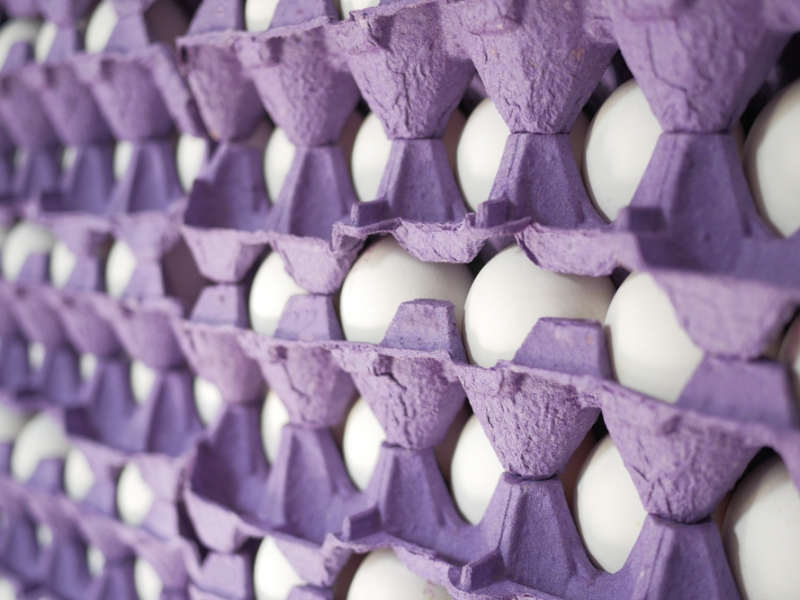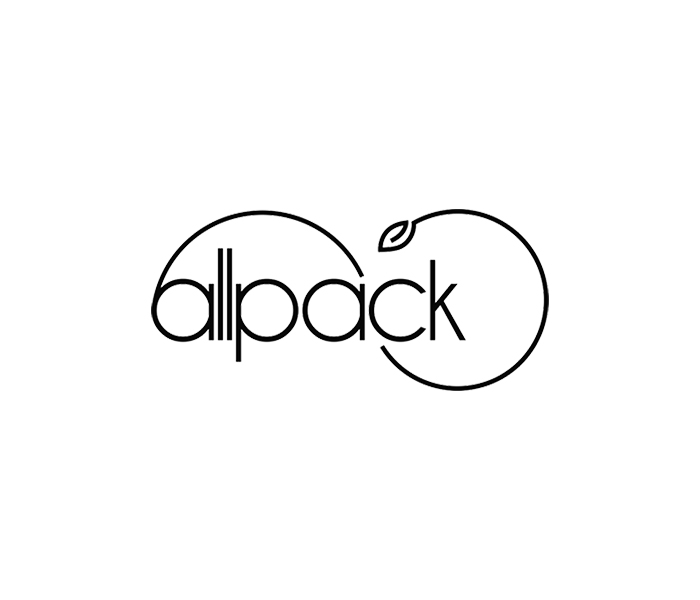Egg Box Prices
Egg carton prices vary depending on the material used, design, size and production process. Various price ranges are available for egg cartons of different sizes. Manufacturers' demands, privatizations and bulk purchasing are also among the factors affecting prices. Tailor-made designs, brand identities and the use of quality materials often increase costs. Egg producers and retailers are looking for budget-friendly and high-quality packaging options
Egg Carton Prices, Eggs and Egg Carton Sizes
Egg carton prices vary depending on the material used, design, size and production process. Various price ranges are available for egg cartons of different sizes. Manufacturers' demands, privatizations and bulk purchasing are also among the factors affecting prices. Tailor-made designs, brand identities and the use of quality materials often increase costs. Egg producers and retailers are looking for budget-friendly and high-quality packaging optionsEgg Box Prices
Egg boxes, which are of vital importance for egg producers, ensure the safe protection of eggs during both transportation and sales stages. Egg carton selection is an important factor that can affect the costs of businesses. Therefore, 30 egg carton prices are a critical issue for egg producers.Egg box prices vary depending on a number of factors. First, the quality and type of material used affects prices. Egg boxes produced from different materials such as plastic, paper or cardboard are offered in different price ranges. Although plastic boxes are generally preferred due to their durability and long life, paper and cardboard boxes offer an environmentally friendly option with their natural materials. The choice of these materials may vary depending on the priorities and values of businesses. Read our article to learn about Egg Carton: https://www.allpackglobal.com.tr/yumurta-kartonu
Another factor is the egg design and capacity. The 30 egg carton is a standard option and is the size generally preferred by egg producers. However, prices may increase as you add features such as adding custom designs, color options, or a brand logo. Especially brand-conscious businesses may choose to customize their egg cartons with their own brand identities.
The production process and the technology used are also among the important factors affecting prices. Egg cartons produced with high-tech machines can be produced in a shorter time and with higher precision, but this often increases costs. Businesses can try to keep costs under control by optimizing production processes and increasing efficiency.
Market competition is also a factor affecting egg carton prices. Competition between different producers allows prices to be competitive and affordable for consumers. Wholesale purchasing often offers businesses the opportunity to reduce cost per unit, which can positively impact long-term operating costs.
Finally, logistics and transportation costs are also one of the factors that determine egg carton prices. Factors such as the distance between the place where the parcels are produced and the delivery address, shipping method and packaging affect the total cost. Therefore, doing business with local producers can reduce shipping costs and make egg carton prices more competitive.
As a result, prices for 30-pack egg cartons may vary depending on a number of factors, including material selection, design, production process, competition, bulk purchasing and logistics. In order for businesses to find an option that suits their needs and budget, it is important to carefully examine the market and obtain quality egg cartons at affordable prices.
Additional Information About Egg Sizes and Weights:
Egg sizes are determined by the weight of the egg and are generally divided into three main categories: M, L and XL. These sizings provide a standard reference for egg consumers and industry.- M (Medium) Size: Between 53 - 62 Grams
- M size eggs have weights ranging from 53 to 62 grams. Eggs this size are generally considered standard size and can be used in a variety of dishes.
- L (Large) Size: Between 63 - 72 Grams
- L size eggs weigh between 63 and 72 grams. Eggs of this size may be preferable for consumers or recipes that call for a larger egg.
- XL (Extra Large) Size: 73 Grams and Above
- XL size eggs include eggs weighing more than 73 grams. Eggs of this size are generally preferred for large-scale meal preparations or special recipes.
- Egg sizes can be an important factor in their nutritional value and cooking properties. Consumers often pay attention to recipes and personal preferences when choosing the egg size that suits their needs. These standards have been established to provide egg producers and consumers with a convenient and consistent reference.
Information About Egg Carton Dimensions: - 6 Egg Box:
- 6 egg cartons are generally used for small-scale consumption or special demands. Boxes of this size may be a suitable option for small families or individuals.
- 8 Egg Box:
- 8 egg carton is a commonly preferred size for medium-sized families or individuals who consume eggs regularly. It is popular in both consumer and retail markets.
- 12 Egg Box:
- The 12 egg carton is a standard size and is usually available in retail outlets and supermarkets. Boxes of this size are preferred by a wide range of consumers.
- 16 Egg Box:
- The 16 egg carton is suitable for large families or places with higher demand such as restaurants. Boxes of this size can reduce costs by providing an economical option.
- 20 Egg Box:
- The egg carton of 20 is designed for large-scale consumption or bulk purchases. Ideal for businesses such as restaurants, cafes or catering services.
- These different egg carton sizes offer consumers and businesses a variety of options so they can choose a packaging that suits their needs. The advantages and usage areas of each size offer diversity to meet the different demands of egg producers and consumers.





